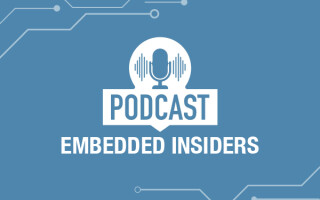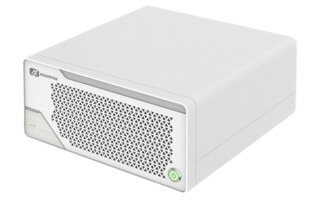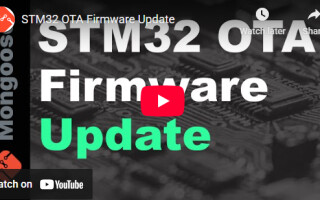IoT certification programs: What are they and why do they matter?
May 15, 2017

Certification programs are vital for delivering products that connect effortlessly and securely. These programs provide a solid foundation for the success of all involved by building a high...
Certification programs are vital for delivering products that connect effortlessly and securely. These programs provide a solid foundation for the success of all involved by building a high standard of product usability and reliability across industries and offer collaboration and leadership resources to the technical communities they serve.
In the Internet of Things (IoT) market specifically, certification programs give developers, retailers, and consumers confidence that their connected devices are built on a solid and secure foundation and will deliver on the promise of convenience and control. Indeed, certified products will become the first thing consumers will look for when navigating IoT technologies in the market.
Why certification matters
At its core, certification proves compliance to a standard, or an industry-defined set of requirements. Depending on the specific standard, the technical rigor of the certification could be substantial, as is the case with cellular network acceptance or electrical product safety. In other standards, the technical content is designed to ensure the overarching success of an industry-critical feature, such as multi-vendor interoperability.
Certified products indicate that a standard is likely to have longevity, reducing the risk and the costly impact of stranded assets. In addition, when a solid certification program is in place, it’s easier for product companies and system integrators to replace one vendor with another, avoiding vendor lock-in and better enabling price competition.
For IoT specifically, a certification program provides several specific – and critically important – benefits. For example, certification can greatly increase overall confidence in specification conformance, product performance, and compliance with industry-agreed standards for network security.
At the retail and consumer level, an IoT certification program can improve the entire experience, from easier installation and setup to ongoing operation. In turn, this has a halo effect, improving customers’ satisfaction with the retailer and reducing store returns. For many consumer products, there’s no threshold for inconvenience: the need for a single support call could potentially cancel out the entire profit for that unit.
The power of interoperability
At its core, interoperability results in faster time-to-market for developers and lower costs for consumers. IoT standards exist to help ensure product interoperability among connected home-related devices and within intelligent buildings. Certification is central to making this interoperability possible.
Such programs don’t need to be technically rigorous, but they do need to be collaborative and include a roster of vendors that reflect the distribution of the market. That roster also needs to evolve over time to maintain interoperability coverage, allowing all members to develop products that work seamlessly together. However, not all certification programs test for interoperability.
For example, a component of The Thread Group certification program tests products that use Thread to ensure they connect effortlessly and securely, while also testing the product’s commissioning, components, and network functionality and interoperability. Uniquely, Thread certification requires not only conformance — adherence to the specification — but also full interoperability — many-to-many adherence to different commercial interpretations and realizations of that specification. As a result, products that pass the Thread Group’s certification program provide assurance to its customers that they will work with other Thread certified products no matter what application layer they are working on.
Are we there yet?
By obtaining certification, product vendors can demonstrate their commitment to delivering the best product to-market, as it validates product compliance, reinforces product credibility and quality attributes, and communicates the product’s unique value. There are a number of certification programs that verify conformance. However, the success of the industry is built on the extra step, which is to test for interoperability. If all the industry’s certification programs added interoperability testing, we’d see significant progress toward ensuring that connected devices provide a seamless and cohesive experience.





